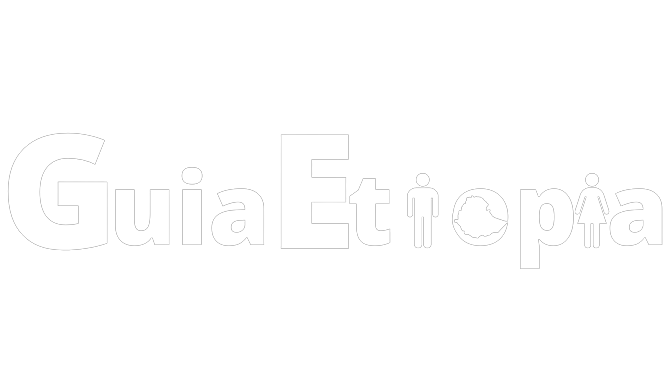In today’s digital gaming environment, players expect not only entertainment but also fairness and transparency from online games. These qualities are fundamental to building trust, sustaining engagement, and maintaining a reputable industry. As technology advances, game developers incorporate sophisticated measures to uphold these principles, ensuring that players can enjoy their gaming experience with confidence.
Table of Contents
- Core Principles of Fair and Transparent Game Design
- Technological Foundations of Fairness
- Transparency Measures in Modern Games
- Regulatory and Certification Standards
- Practical Examples of Fairness in Action
- Addressing Common Concerns and Misconceptions
- Innovative Features Enhancing Fairness and Transparency
- Conclusion
Core Principles of Fair and Transparent Game Design
At the heart of fair gaming are fundamental principles that ensure outcomes are unbiased and players are well-informed. These include:
- Ensuring randomness and unpredictability: Games must produce outcomes that are not influenced by external manipulation, preserving the element of chance.
- Clear communication of rules and odds: Players should have access to understandable information about how the game works and their chances of winning.
- Consistent enforcement of policies: Fair treatment involves applying rules uniformly and managing malfunctions transparently.
Technological Foundations of Fairness
Modern fairness in gaming relies heavily on advanced technologies:
Random Number Generators (RNGs)
RNGs are algorithms designed to produce unpredictable sequences of numbers, forming the backbone of outcome determination in many online games. They simulate randomness similar to physical processes, such as coin flips or dice rolls, but in a digital environment. The fairness of an RNG directly impacts the integrity of game results.
Certification and Verification
To ensure RNGs operate correctly, independent certification bodies evaluate their algorithms. For example, companies like BGaming undergo rigorous testing to verify that their RNGs meet industry standards, preventing manipulation and bias. This process fosters trust among players and regulators alike.
Encryption and Audit Trails
Secure encryption protects game data from tampering, while detailed audit trails provide transparent records of game outcomes and system operations. These tools enable continuous monitoring and quick detection of irregularities, reinforcing fairness.
Transparency Measures in Modern Games
Transparency in online gaming involves making relevant information accessible and understandable to players:
Accessible Game Rules and Payout Information
Providing clear, detailed rules and payout tables helps players make informed decisions. This transparency reduces suspicions of unfair practices and enhances trust.
For instance, Aviamasters Game guide UK exemplifies comprehensive rule disclosure, illustrating how modern games prioritize transparency by openly sharing game mechanics and payout structures.
User Interface Customization
Allowing players to customize their interface can improve usability and trust. Features like adjustable layouts or color schemes help cater to individual preferences, making the gaming experience more transparent and user-friendly.
Policies on Malfunctions
Clear protocols for handling technical issues—such as game crashes or glitches—are essential. Transparent policies specify whether outcomes are voided, refunded, or re-run, ensuring fairness even during unforeseen disruptions.
Regulatory and Certification Standards
Legal frameworks worldwide set licensing and certification requirements to uphold fairness:
- International and regional licenses: Jurisdictions like the UK, Malta, and Gibraltar enforce strict licensing to ensure compliance with fairness standards.
- Certification agencies: Bodies such as eCOGRA and GLI independently evaluate game systems for fairness, issuing certifications that are recognized globally.
- Impact on player confidence: Certified games demonstrate adherence to high standards, boosting trust and encouraging responsible gambling.
Practical Examples of Fairness in Action
The certification of RNGs exemplifies how unbiased outcomes are guaranteed. When players know that a third-party verifies the randomness, their confidence increases significantly. Transparency disclosures, such as detailed rules and audit logs, further reinforce trust.
A modern illustration of these principles is the Aviamasters game rules. By openly sharing game mechanics and ensuring their RNGs are verified, the platform exemplifies how transparency and fairness practices are implemented in real-world settings.
Addressing Common Concerns and Misconceptions
Many players wonder about the role of chance versus skill. It is crucial to understand that in games relying on RNG, outcomes are purely chance-based, with no human influence. Technology ensures randomness, while human oversight guarantees proper implementation.
“Transparency is the best safeguard against unfair practices, ensuring players can trust the game results.”
In addition, when malfunctions occur, transparent management involves clear policies—such as refunds or game replays—preventing any unfair advantage and maintaining integrity.
Innovative Features Enhancing Fairness and Transparency
- UI customization: Enhances trust by allowing players to tailor their experience.
- Real-time audits: Advanced monitoring tools enable ongoing verification of game fairness.
- Future trends: Blockchain technology offers decentralization, providing an immutable record of game outcomes that is transparent and tamper-proof.
Building Trust Through Transparency and Rigorous Standards
Upholding fairness requires continuous commitment to best practices, technological innovation, and transparent communication. As the industry evolves, examples like Aviamasters demonstrate how modern standards serve to protect players and foster trust. The ongoing integration of verification mechanisms, clear policies, and innovative features ensures that fairness remains at the core of online gaming.
“Trust in gaming is built on transparency—every successful platform recognizes this as fundamental for growth and reputation.”

Comment (0)